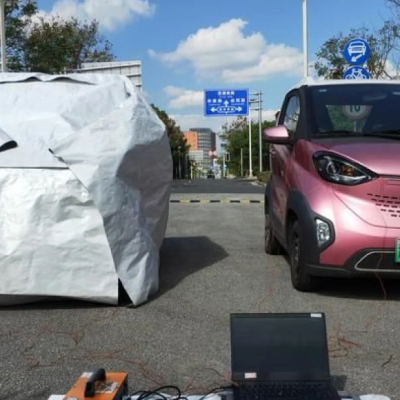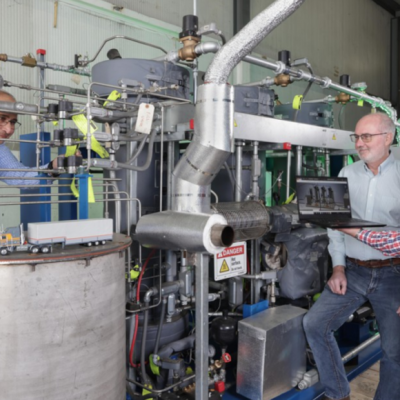The expansion of electric charging stations in Germany is currently being carried out in an inefficient manner, according to the latest Energy Transition Barometer by the state development bank KfW. The authors of the report describe the planning as a “scattergun approach,” where charging stations are being distributed “generally evenly” across the country. This means that areas with very low population densities are receiving roughly the same number of charging stations as urban areas and cities. The KfW analysts are calling for a concentration of further expansion in urban areas. The current expansion is causing an oversupply in rural areas, resulting in many charging stations not being cost-effective.
This problem is also due to the fact that many people in rural areas own their own homes with charging facilities, while few people in urban areas have their own parking spaces or garages with charging options. Despite this, few charging stations are being built in many large cities in proportion to their population density. This leads to a situation where the supply of charging stations cannot keep up with the increasing number of electric cars. In the last two years, the number of electric cars has grown three times faster than the number of charging stations.
If this trend continues, it could become a problem for the practicality of electric mobility, warns KfW Chief Economist Fritzi Köhler-Geib. Stronger incentives to switch to an electric car will only be given if the charging infrastructure is further expanded. If this does not happen to a sufficient extent, it is very likely that the climate goals in the transport sector will not be achieved. More than half of the 4,000 households surveyed stated that they cannot currently imagine buying an electric car due to what they perceive as a poor charging infrastructure. In the urban areas, the proportion is even higher at 56%.
In conclusion, the current approach to expanding electric charging stations in Germany is inefficient and could jeopardize the country’s climate goals in the transport sector. The KfW is calling for a concentration of further expansion in urban areas to ensure that the charging infrastructure can keep up with the increasing number of electric cars.










